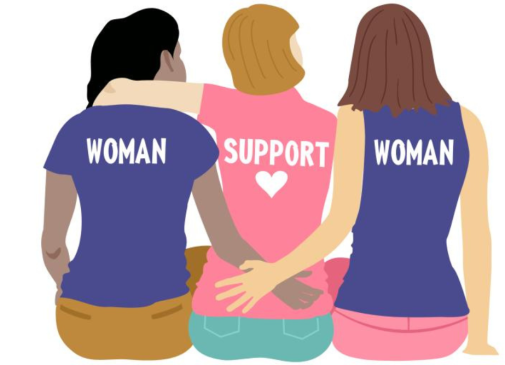
Mother’s Day is a time to celebrate the women who nurture and guide us. But for many moms, this special day can be overshadowed by a silent struggle in the form of fibroids. These benign tumors in the uterus are surprisingly common, affecting up to 80% of women by the age of 50. While non-cancerous, fibroids can cause a range of uncomfortable symptoms, from heavy bleeding and cramping to pelvic pain and frequent urination.
Understanding Fibroids
Uterine fibroids are sensitive to hormones, particularly estrogen. Estrogen dominance or lack of progesterone might contribute to their development and growth. However, the exact cause of fibroids is unknown and likely involves a combination of hormonal and genetic factors.
Speaking Out About Fibroid Symptoms
Often, women with fibroids brush off their symptoms, attributing them to a “normal” part of womanhood or simply not wanting to deal with the hassle of a doctor’s visit. There are a few reasons why women might hesitate to mention certain fibroid symptoms to their doctor. Here are some common symptoms that might go unreported:

- Pain during sex: This can be a sensitive topic for some women, and they might feel embarrassed to discuss it.
- Changes in bladder function: Frequent urination, urgency, or difficulty emptying the bladder can be bothersome but not necessarily something a woman associates with fibroids.
- Back pain and bloating: These symptoms can be vague and easily attributed to other causes, leading women not to mention them.
- Heavy bleeding between periods: Especially if periods are already heavy, spotting or breakthrough bleeding might not seem concerning enough to bring up.
- Feeling constantly tired: This can be a symptom of anemia caused by heavy bleeding, but women might not make the connection.
Here’s why it’s important to tell your doctor about all your symptoms:
- Even seemingly minor symptoms can provide clues about the severity of your fibroids and help your doctor recommend the most appropriate treatment.
- There are ways to manage these symptoms, and your doctor can offer solutions to improve your quality of life.
- Ignoring some symptoms, like changes in urination, could indicate other underlying issues.
Remember, open communication with your doctor is key to managing fibroids effectively. Don’t hesitate to bring up any concerns you have, no matter how sensitive they seem.
Taking Charge of Your Health
Partaking in numerous roles in society, women are expected to be responsible caregivers in every situation. Women tend to put their health and well-being on the back burner while catering to everyone else, be it the mothers or other leading ladies around us. To stay strong and keep going, women need to get regular checkups to detect and prevent serious conditions such as uterine fibroids, breast cancer, endometriosis, diabetes, etc.
Fibroids are a common condition affecting millions of women in the United States. According to the USA Fibroid Centers, these non-cancerous growths of the uterus can exhibit none to severe symptoms depending on their size and location. Surgical and non-surgical treatment options for fibroids are available, depending on the severity of the symptoms and individual needs. Here are some initial steps that can be taken to stay on top of uterine health:
- Schedule an appointment with your doctor: Open communication is key. Discuss your symptoms and any concerns you have in detail.
- Explore treatment options: There’s a range of treatment plans available, from medication and minimally invasive procedures to surgery in some cases. Work with your doctor to find the best course of action for you.
- Prioritize self-care: Maintaining a healthy lifestyle with a balanced diet and regular exercise can help manage symptoms and improve your overall well-being.
Celebrate Women’s Well-Being
This Mother’s Day, prioritize your health and well-being and aim to celebrate yourself and the important women in your life. Some ideas to improve your mental and physical health can include the following:
- Plan a relaxing activity: Treat yourself to a massage, a day at the spa, or a quiet evening reading your favorite book.
- Connect with loved ones: Spend time with your family and friends who support you and make you feel good.
- Do something you enjoy: Make time for hobbies or activities that bring you joy.
However, if your symptoms have become unmanageable, it is best to consult a fibroid expert who can provide you with both minimally invasive as well as surgical options based on the severity of your condition. Sign up for the Fibroid Fighters newsletter to stay informed about fibroids.







